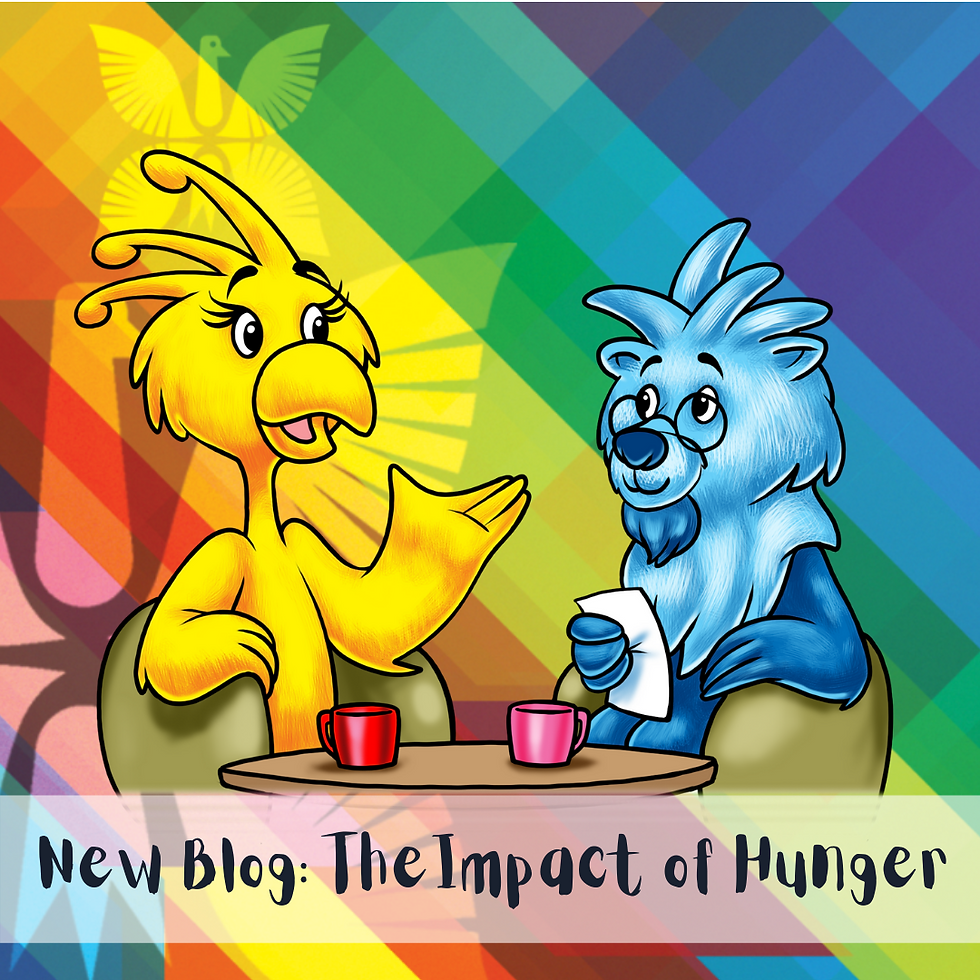What's in a word?
- Phoenix Education

- Jun 19, 2020
- 3 min read
If 'lockdown' was the buzzword of the last quarter, 'recovery' certainly seems keen to replace it in this.

But what is a recovery and what does it mean in its current context? If we refer to the Oxford Dictionary for clarity we find that to recover is, 'a return to a normal state of health, mind or strength'. Although it is only a word, it feels like a pretty big one and I can't help but wonder if, when it comes to managing the expectations of children and young people, it is actually fit for purpose. When we think about returning to normal, another cliché is to talk about the ‘new normal’. This is the first time in a generation that we have lived through a pandemic, with the influx of mass media and the struggles with globalisation. There is no normal.
We will hear of the children that seem to have taken Covid-19 and our nation’s response to it in their stride. We may know children that have continued to learn, enjoy their time in lockdown and feel confident and able to return with ease. There are many examples of schools and teachers that have stepped up and supported and inspired their pupils throughout the lockdown period, stories of improved friendships and a new appreciation of being in the classroom environment.
Yet, the unheard and often untold stories are far more commonplace then we would like to imagine and more damaging than we ever could. There are children that haven't had regular calls from teachers, that haven't had parents willing or able to help with their schooling and the children that, by not attending school, have been hungry, afraid or at worst, abused.
We can not ignore the children that will have lost a loved one and been unable to say goodbye. We can not ignore those that have had to manage their first farewell without a funeral or even a hug from their family. We can not underestimate the amount of fear that we have instilled in children and young people and we can’t predict the impact that will have as they return to school and long into the future.
As someone that has experienced trauma in my early teens, I can confirm that we do not 'recover' and it would have been incredibly naïve of me to try. I never returned to the version of my life that existed before. I have never thought the same way as I once did. Relationships looked different, my boundaries were redefined and what I once thought was important became irrelevant and vice versa.
We can not return to a normal when all of our norms have been changed or challenged. We can not get back to normal when we bear scars of trauma, abuse or loss but what's most important is that in recognising we will not ever go back to normal, we must also recognise that we will not 'recover'.
Although some people may think a word doesn't really matter, that perhaps we are reading into it a little too much let's think about what one word could mean and what the impact of that could or would have on children and young people in our care.
When we speak of the need to recover there is a risk that we are encouraging children and young people to suppress their emotions. We may speak of recovery and unintentionally make children feel they are failing, falling behind or otherwise in a position that needs improving. When we speak of a recovery, we suggest that we have to eradicate the impact of our experiences rather than evolving with them. When we speak of recovery, we suggest that we need to move forward and move on and that our current position is in some way less preferable to the one we are recovering from.
Recover may only be a word but it has the potential to bring further challenges to some of the most vulnerable children in our communities.
At Phoenix, we have been practically exploring and designing the notion of reintroduction - getting to know ourselves, others and our education system in light of our experiences of covid-19 and the impact it has had on both our own lives, that of others and that which we share. A reintroduction is something that allows us to freely express the changes that we have experienced, the impact they have had on us and the way in which this has changed our preferences and needs. It allows us to set our own pace and express our individual experiences and the emotional responses we have had to each of them.
If you would like to know more about reintroducing your pupils to school or your children to learning then please do feel free to get in touch.




Comments